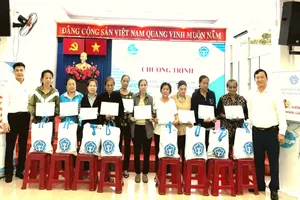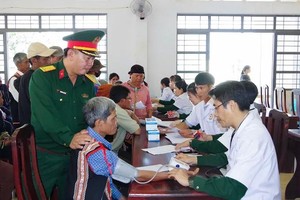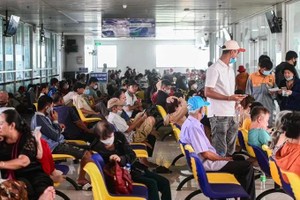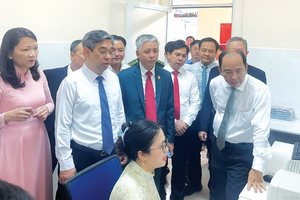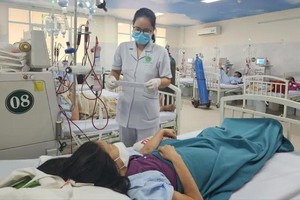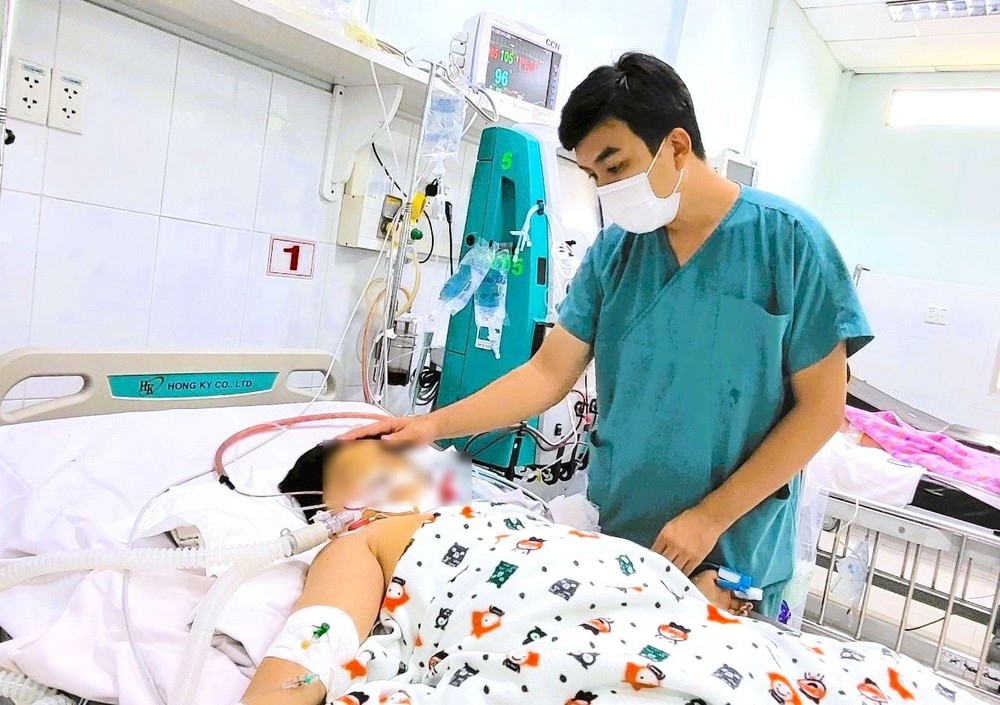
The city Department of Health predicts that the number of mosquito-transmitted viral infection cases will tend to increase from May to November. Measures to prevent the dengue epidemic need to be implemented right from this time.
According to statistics from the Ho Chi Minh City Center for Disease Control, from 2016 to 2023, the city recorded a total of 309,966 dengue cases in the area and 75 deaths. In 2022, the southern region witnessed dengue fever outbreaks with 81,884 infection cases of dengue and 29 deaths in Ho Chi Minh City.
From the beginning of the year to May 19, Ho Chi Minh City recorded 3,251 cases of dengue fever down 56 percent compared to the same period last year. Therefore, it is forecast that the number of dengue cases will tend to increase from May to November when the country experiences warming temperatures and shifts in rainfall patterns creating ideal conditions for these mosquitoes to breed. Therefore, dengue prevention measures must be carried out right from the beginning of the epidemic season.
The Department of Health of Ho Chi Minh City calls on every citizen to proactively implement dengue prevention measures against outbreaks, such as covering household water storage containers to prevent mosquitoes from laying eggs, disposing unwanted containers where water may gather (such as lunch boxes and soft-drink cans), applying mosquito repellents to exposed parts of the body, sleeping in a mosquito net even during daytime, wearing long-sleeved clothes, using mosquito spray, mosquito repellent cream, electric mosquito rackets.
Moreover, medical workers advised that when a person has dengue fever, they should go immediately to a medical facility for examination and treatment advice but not self-medicate.
According to the Department of Health of Ho Chi Minh City, creating active immunity with vaccines is an effective measure to help prevent the risk of disease and reduce the burden of disease. The Ministry of Health recently officially licensed the circulation of Qdenga vaccine, the first dengue vaccine approved in Vietnam. The new vaccine is expected to be available at some vaccination centers in the country from September 2024.
The World Health Organization (WHO) believes that the Qdenga vaccine helps increase disease prevention effectiveness but does not prevent all cases of disease, and post-vaccination immunity may decline over time. Vaccines are only part of an integrated strategy to control dengue. WHO recommends that it is still necessary to control disease vectors well to optimize the effectiveness of disease prevention, timely detection and treatment of diseases, media to raise awareness of dengue disease, and community participation in dengue prevention.
Qdenga vaccine has been licensed for use in more than 30 countries.
According to the European Medicines Agency (EMA), the Qdenga vaccine has been shown to be effective in preventing dengue in children and adolescents for 12 months after the second vaccination. In the study conducted in eight countries in Latin America and the Asia Pacific region, about 20,000 children ages 4 to 16 were injected with Qdenga or a placebo. The results showed an 80 percent reduction in the number of dengue cases in the group of vaccinated people compared to the placebo group. This vaccine also reduces hospitalization rates due to dengue by up to 90 percent.







